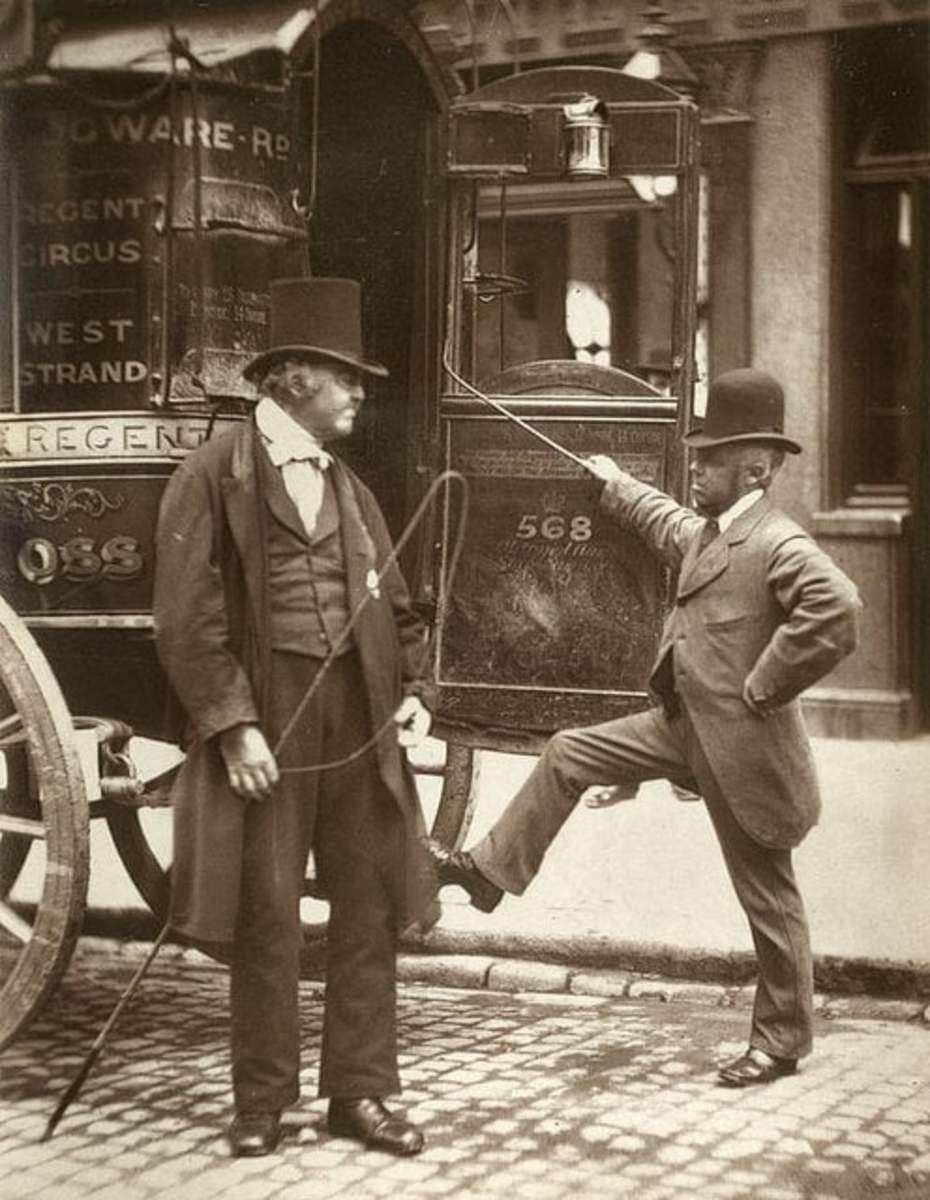- HubPages»
- Health»
- Personal Health Information & Self-Help»
- Self-Help for Sleep Issues & Sleeplessness
What is an Anti-Snoring Pillow?

An anti-snoring pillow might seem like the best solution out there. After all, you already sleep with a pillow. A pillow designed to prevent snoring could be a great solution without disrupting your sleep. In reality, many people have found that anti-snoring pillows help them. A number of others, however, have found them to be minimally effective and overpriced. Whether or not they’ll help you likely depends on how you snore and how extreme your snoring is.
Address the Causes of Snoring
The first step to curing is understanding the main causes of snoring. In essence, snoring is caused by obstructions to your airway. When the air is obstructed, it has a narrower passage to flow through. This causes it to flow more quickly and make the surrounding tissue vibrate. These vibrations create the sound of snoring.
There are a number of different things that can cause your airway to become obstructed. The most common is that the soft palate and tongue relax back towards the throat, blocking the flow of air. Sometimes this can be due to your natural anatomy, but it can also be the result of heavy drinking or being overweight. If you tend to drink in the evening, try reducing the amount of alcohol you drink before bed. This may help to get rid of your snoring.
Restricted nasal passageways can also block air from flowing normally. If you are congested, this can cause or worsen snoring. If you can figure out what the obstruction to your airway is coming from, this can be a major help in determining the best way to stop snoring.
How Anti-Snoring Pillows Work
Anti-snoring pillows work by repositioning your head as you sleep. Depending on how you snore, you may have noticed that your snoring is worse when you sleep on your back. For some people, they may only snore when sleeping on their backs. This is because sleeping on your back causes your tongue, soft palate, and other tissues to relax backwards towards the throat, obstructing your airway. In more extreme cases this can lead to obstructive sleep apnea or OSA problems.
Sleeping on your side holds your mouth in more of a forward position, and gravity isn’t pulling your tongue as far back. This can lighten snoring or, for light snorers, stop it entirely. Most anti-snoring pillows work by holding your head in a sideways position, helping you to fall asleep on your side and stay in that position as you sleep. The pillow cradles your head within a downward slope, with a raised cushion behind your head to prevent you from turning over easily.
Some anti-snoring pillows are shaped to allow you to sleep on your back with your head slightly elevated. These pillows use a gentle incline to support your head and neck and keep them both raised slightly. This aims to accomplish roughly the same thing as the side-sleeping pillows; using gravity to reposition your jaw and prevent your tongue and soft palate from collapsing into your airway. If you want to try an anti-snoring pillow and prefer to sleep on your back, this will probably be your preferred option.
Reviews About Anti-Snoring Pillows
The reviews on anti-snoring pillows are mixed and vary a lot depending on the product. The reviews on this pillow by Sharper Image, for example, are very positive. Users thought it was comfortable and found that it helped reduce their snoring. Many reviewers commented that their snoring was significantly quieter and that they got a better night’s sleep.
Not all products have such positive reviews, however. On Amazon, this Science of Sleep “Snore No More” pillow got very mixed reviews, with an average customer rating of 2.5 out of 5 stars. The customers who liked it reported that the pillow helped to minimize their snoring, although few claimed that it got rid of the snoring completely.
Many more customers complained that it was uncomfortable and didn’t work at all. Some even noted that the foam material was low quality and did not hold its shape. As the shape of the pillow is highly important, you should make sure that you choose a pillow with high-quality materials if you decide to buy one.
Pros and Cons of an Anti-Snoring Pillow
The pros of an anti-snoring pillow are that it can be a relatively simple way to cure or reduce your snoring. A number of people also found that it improved their sleeping position for better overall comfort. On the flip side, many users complained that the pillow they tried was very uncomfortable. This might come down to personal preference and fit. If possible, see if you can try out an anti-snoring pillow before buying it.
Another significant con is the price; anti-snoring pillows tend to be quite expensive, with most ranging from $30-100. This can be quite a bit of money to spend on something that might not work. If you know that you only snore when sleeping on your back, an anti-snoring pillow might be a great solution for you.
If, however, you snore in all positions, a pillow is unlikely to be enough to help you. You may want to consider other snoring solutions instead.
This content is accurate and true to the best of the author’s knowledge and does not substitute for diagnosis, prognosis, treatment, prescription, and/or dietary advice from a licensed health professional. Drugs, supplements, and natural remedies may have dangerous side effects. If pregnant or nursing, consult with a qualified provider on an individual basis. Seek immediate help if you are experiencing a medical emergency.
© 2016 Sam Shepards








